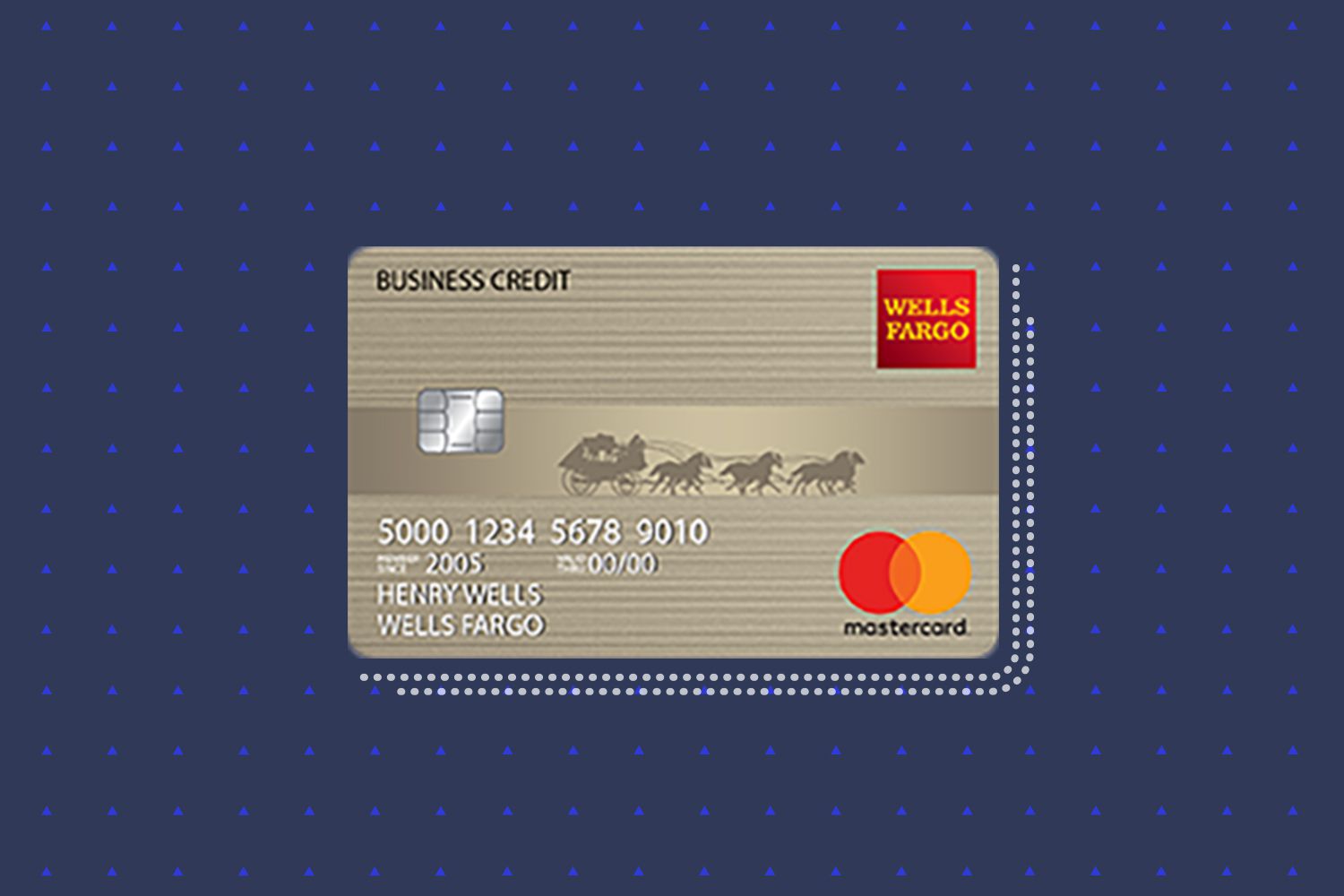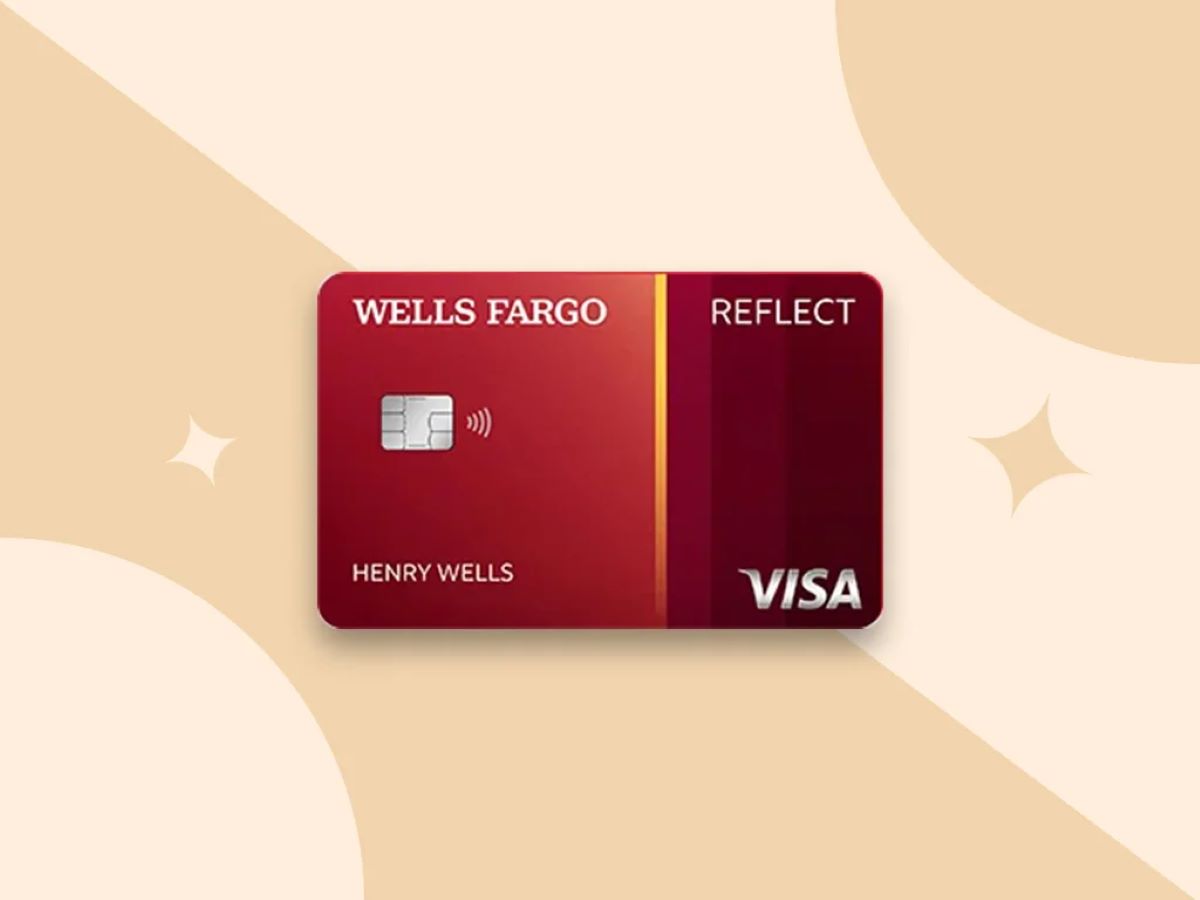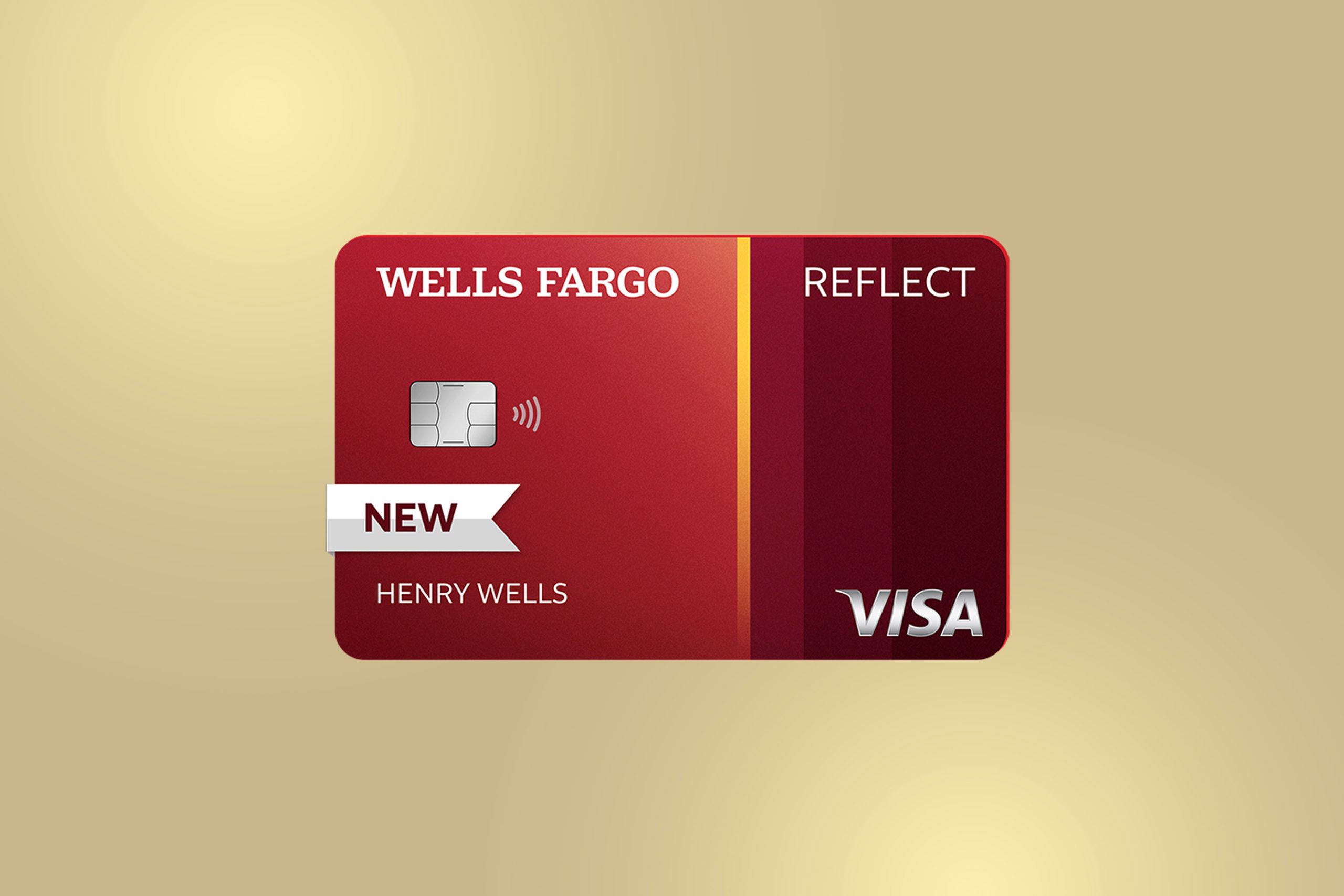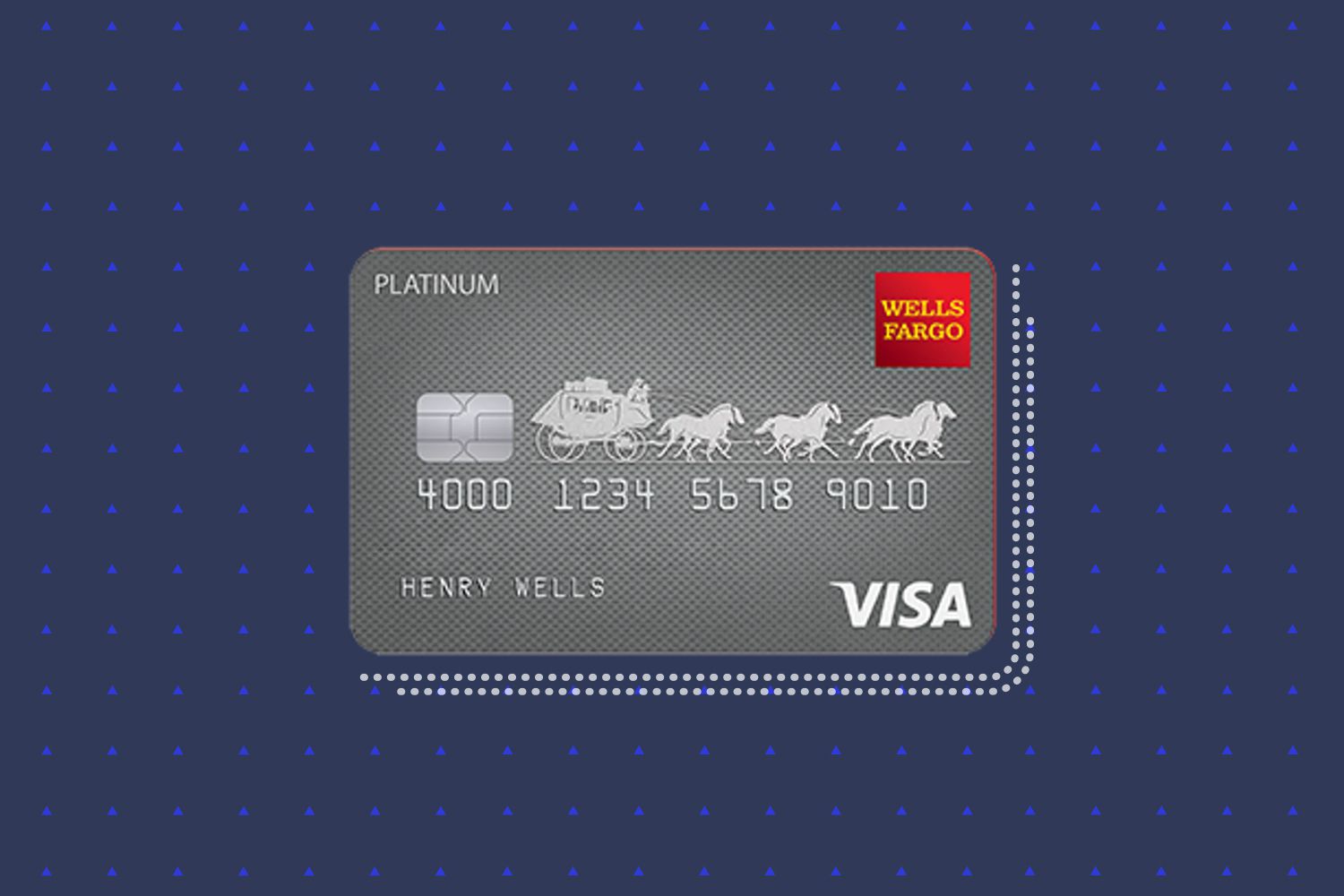Home>Finance>What Credit Score Is Needed For A Wells Fargo Credit Card


Finance
What Credit Score Is Needed For A Wells Fargo Credit Card
Modified: March 6, 2024
Learn what credit score you need to qualify for a Wells Fargo credit card and start building your financial future. Finance with confidence!
(Many of the links in this article redirect to a specific reviewed product. Your purchase of these products through affiliate links helps to generate commission for LiveWell, at no extra cost. Learn more)
Table of Contents
Introduction
When it comes to managing your finances, having a credit card can be a valuable tool. It allows you to make convenient purchases, build credit history, and enjoy various perks and rewards.
However, not all credit cards are created equal, and different financial institutions have varying requirements for obtaining their cards. One such institution is Wells Fargo, a renowned and trusted name in the banking industry.
If you’re considering applying for a Wells Fargo credit card, you might be wondering what credit score you need to qualify. Your credit score plays a significant role in determining your creditworthiness, which affects the likelihood of approval for credit applications.
In this article, we will delve into the credit score requirements for Wells Fargo credit cards, factors that influence these requirements, and how you can check your credit score. We will also provide tips on building and improving your credit score to increase your chances of approval.
So, if you’re ready to learn more about what it takes to secure a Wells Fargo credit card and how to put yourself in the best position to obtain one, let’s dive in!
Understanding Credit Scores
Before we discuss the credit score requirements for Wells Fargo credit cards, it’s essential to understand what a credit score is and how it impacts your financial life. Your credit score is a three-digit number that represents your creditworthiness based on your credit history. It is a tool used by lenders to assess the risk of lending money to you.
Credit scores are typically calculated by credit bureaus using various factors, including your payment history, credit utilization, length of credit history, credit mix, and new credit accounts. The most commonly used credit scoring model is the FICO score, developed by the Fair Isaac Corporation.
The FICO score ranges from 300 to 850, with a higher score indicating a lower credit risk. Here’s a breakdown of the credit score ranges:
- Excellent: 800-850
- Very Good: 740-799
- Good: 670-739
- Fair: 580-669
- Poor: 300-579
Having a good or excellent credit score demonstrates responsible financial behavior and makes you a desirable borrower in the eyes of lenders. On the other hand, a poor credit score may limit your borrowing options and lead to higher interest rates or even denials when applying for credit.
Understanding your credit score is vital because it gives you insight into your financial standing and helps you make informed decisions about credit applications. Now that we have a basic understanding of credit scores, let’s explore the credit score requirements set by Wells Fargo for their credit cards.
Credit Score Requirements for Wells Fargo Credit Cards
Wells Fargo offers a range of credit cards, each with its unique features, benefits, and credit score requirements. While the specific requirements may vary depending on the card you’re interested in, there are some general guidelines to keep in mind.
Wells Fargo typically offers credit cards for individuals with different credit profiles, including those with excellent, good, fair, or limited credit histories. This means that there are options available for people with varying credit scores.
If you have an excellent credit score (typically considered to be above 800), you may qualify for Wells Fargo’s premium credit cards, such as the Wells Fargo Propel American Express® Card or the Wells Fargo Cash Wise Visa® Card. These cards often come with generous rewards programs, travel benefits, and other perks.
For those with good credit scores (typically ranging from 670 to 739), you may be eligible for a wide range of Wells Fargo credit cards, including the Wells Fargo Platinum Card, Wells Fargo Rewards Card, or the Wells Fargo Cash Back College Card. These cards may offer cashback, rewards, or other benefits.
If your credit score falls into the fair category (ranging from 580 to 669), you may still have options for obtaining a Wells Fargo credit card. However, it’s important to note that you may face higher interest rates or more limited rewards compared to those with higher credit scores.
If you have a limited credit history or are working on building your credit, Wells Fargo offers secured credit cards, such as the Wells Fargo Secured Credit Card. These cards require a security deposit that serves as collateral but can help you establish credit and upgrade to an unsecured card in the future.
It’s important to remember that meeting the minimum credit score requirements is just one aspect of obtaining a Wells Fargo credit card. Other factors such as income, debt-to-income ratio, and payment history may also impact your application’s success.
Now that we understand the credit score requirements for Wells Fargo credit cards, let’s explore the factors that influence these requirements.
Factors that Affect Credit Score Requirements
While credit score requirements set by Wells Fargo are an essential consideration when applying for a credit card, it’s crucial to understand that these requirements can vary based on several factors. Here are some key factors that may influence the credit score requirements:
- Type of Credit Card: Different credit cards cater to different types of borrowers. Premium cards, such as travel rewards or luxury cards, often have higher credit score requirements. On the other hand, secured credit cards designed for individuals with limited or poor credit may have more lenient requirements.
- Income and Financial Stability: While credit scores are a significant consideration, lenders also look at an individual’s income and financial stability. A higher income and a demonstrated ability to manage debt responsibly may compensate for a slightly lower credit score.
- Debt-to-Income Ratio: Lenders consider the proportion of an individual’s debt compared to their income, known as the debt-to-income ratio. A lower debt-to-income ratio indicates a lesser risk for the lender, making it easier to meet the credit score requirements.
- Payment History: Your payment history is a crucial factor in determining your creditworthiness. Late payments, delinquencies, or a history of collections can negatively impact your credit score and may make it more challenging to meet the credit score requirements.
- Credit Utilization: Credit utilization refers to the percentage of available credit that you are currently using. High credit utilization, particularly above 30%, can negatively affect your credit score and may make it harder to meet the credit score requirements for certain cards.
- Length of Credit History: The length of your credit history can impact your creditworthiness. Longer credit histories show a track record of responsible credit management, which can compensate for a lower credit score.
- Recent Credit Applications: Making multiple credit applications within a short period can indicate financial instability and may negatively impact your credit score. It’s essential to be mindful of how frequently you apply for credit.
It’s important to note that the factors mentioned above are not the sole considerations, and Wells Fargo may have additional criteria specific to their credit card offerings. To get a clear understanding of the exact credit score requirements for the specific credit card you’re interested in, it’s best to visit the Wells Fargo website or contact their customer service for detailed information.
Now that we’ve explored the factors that affect credit score requirements, let’s move on to learning how you can check your credit score to see where you stand.
How to Check Your Credit Score
Checking your credit score is an important step in understanding your financial health and determining your eligibility for credit cards, loans, and other financial products. Fortunately, there are several ways you can access your credit score.
- Credit Reporting Agencies: You can obtain your credit score directly from the three major credit reporting agencies: Equifax, Experian, and TransUnion. These agencies collect and maintain credit information on individuals. You are entitled to a free credit report from each agency once a year through AnnualCreditReport.com. While the credit report itself does not include your credit score, you may have the option to purchase your credit score.
- Financial Institutions: Many banks and credit card companies offer free credit score access to their customers. Check if your bank or credit card issuer provides this service. Some institutions even provide credit score monitoring, which allows you to track changes in your score over time.
- Credit Score Websites: There are various online platforms and websites that offer free access to your credit score. These websites may provide additional resources, such as credit monitoring, credit education, and personalized recommendations for improving your credit score.
- Credit Score Apps: Several smartphone apps offer credit score tracking and monitoring services. These apps often provide regular updates and alerts about changes to your credit score, as well as tips for improving it.
- Third-Party Services: Some financial companies and credit monitoring services provide access to your credit score for a fee. These services typically offer more in-depth credit analysis, credit monitoring, and identity theft protection features.
Regardless of the method you choose, it’s important to regularly check your credit score to ensure accuracy and stay informed about your creditworthiness. By knowing your credit score, you can better understand your chances of meeting the credit score requirements for a Wells Fargo credit card.
Now that we know how to check our credit score, let’s explore some strategies for building and improving it.
Building and Improving Your Credit Score
Building and improving your credit score takes time and effort, but the benefits are well worth it. Here are some strategies that can help you establish and boost your creditworthiness:
- Pay Your Bills on Time: One of the most crucial factors affecting your credit score is your payment history. Make sure to pay all your bills, including credit card bills, loans, and utilities, on time. Late payments can have a significant negative impact on your credit score.
- Keep Credit Utilization Low: Aim to keep your credit utilization ratio, which is the percentage of your available credit that you use, below 30%. High credit utilization can signal a higher risk to lenders and may lower your credit score. Regularly paying off credit card balances in full can help maintain a healthy credit utilization ratio.
- Establish a Mix of Credit: Lenders like to see a well-rounded credit history. Consider having a mix of credit accounts, such as credit cards, installment loans, and a mortgage, if applicable. However, only take on credit that you can manage responsibly.
- Avoid Opening Too Many New Accounts: While it’s important to have a mix of credit, avoid opening multiple new accounts within a short period. Each new application can temporarily lower your credit score.
- Monitor Your Credit Reports: Regularly review your credit reports for any errors or discrepancies. Dispute any inaccuracies promptly to ensure that your credit score is based on accurate information.
- Keep Old Accounts Open: Closing old credit accounts can shorten your credit history and reduce the overall amount of credit available to you. If you have old credit accounts in good standing, consider keeping them open to help demonstrate a longer credit history.
- Manage Your Debt Responsibly: Minimize outstanding debt and make timely payments. Paying down debt demonstrates responsible financial behavior and can positively impact your credit score. Consider developing a budget and debt repayment plan to stay on top of your finances.
- Be Patient and Persistent: Building a good credit score takes time. Consistently practicing healthy credit habits and maintaining good financial practices will pay off in the long run.
By following these strategies and maintaining good credit habits, you can gradually build and improve your credit score. As your credit score increases, your chances of meeting the credit score requirements for Wells Fargo credit cards will improve.
Now that we’ve explored ways to build and improve your credit score, let’s summarize the key points we’ve discussed.
Conclusion
Obtaining a Wells Fargo credit card can provide you with numerous benefits, such as convenient purchasing power, rewards programs, and the opportunity to build credit. While the specific credit score requirements for Wells Fargo credit cards may vary based on the type of card and other factors, it’s important to understand the factors that influence these requirements.
Factors such as income, payment history, credit utilization, and credit mix play a significant role in determining your creditworthiness. By understanding these factors and taking steps to improve your credit score, you can increase your chances of meeting the credit score requirements for a Wells Fargo credit card.
Checking your credit score regularly allows you to track your progress and make informed decisions regarding credit applications. Several resources, such as credit reporting agencies, financial institutions, and credit score websites, provide access to credit scores.
Building and improving your credit score requires responsible financial habits, such as making timely payments, keeping credit utilization low, and managing your debt effectively. By incorporating these strategies into your financial routine, you can gradually establish a strong credit history and improve your creditworthiness.
Remember, building good credit takes time, patience, and persistence. By consistently practicing healthy credit habits and understanding the credit score requirements for Wells Fargo credit cards, you can position yourself for success in achieving your financial goals.
So, whether you’re looking for cashback rewards, travel benefits or the opportunity to establish credit, understanding the credit score requirements is crucial. Take the necessary steps to build and improve your credit score, and soon you’ll be on your way to enjoying the benefits of a Wells Fargo credit card.














